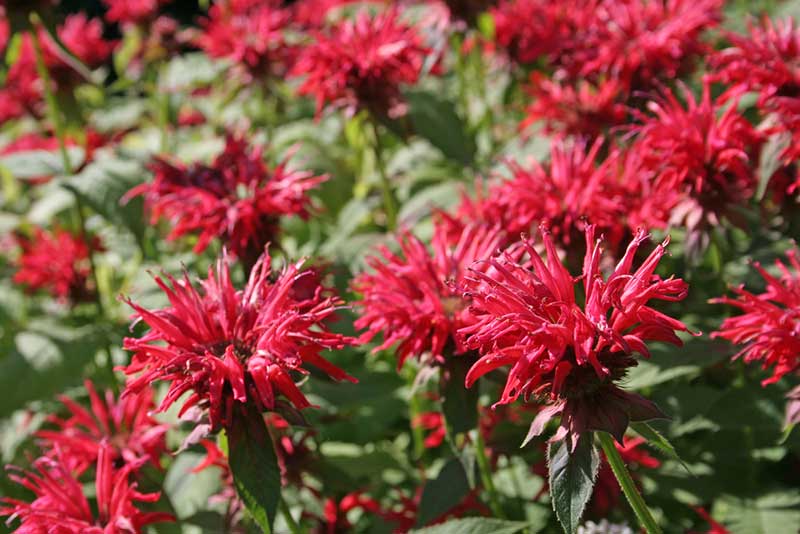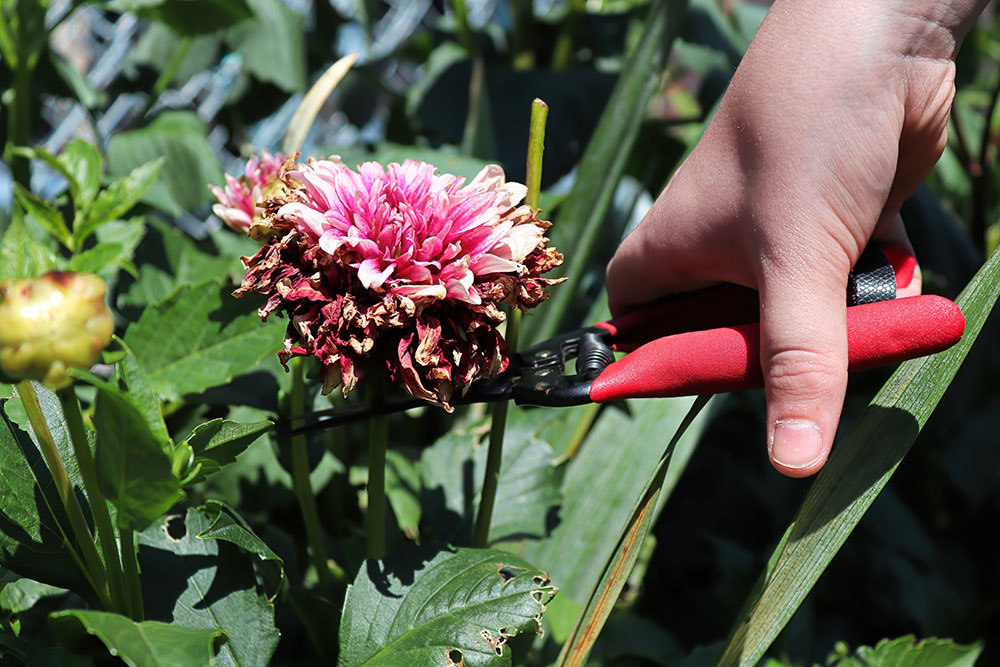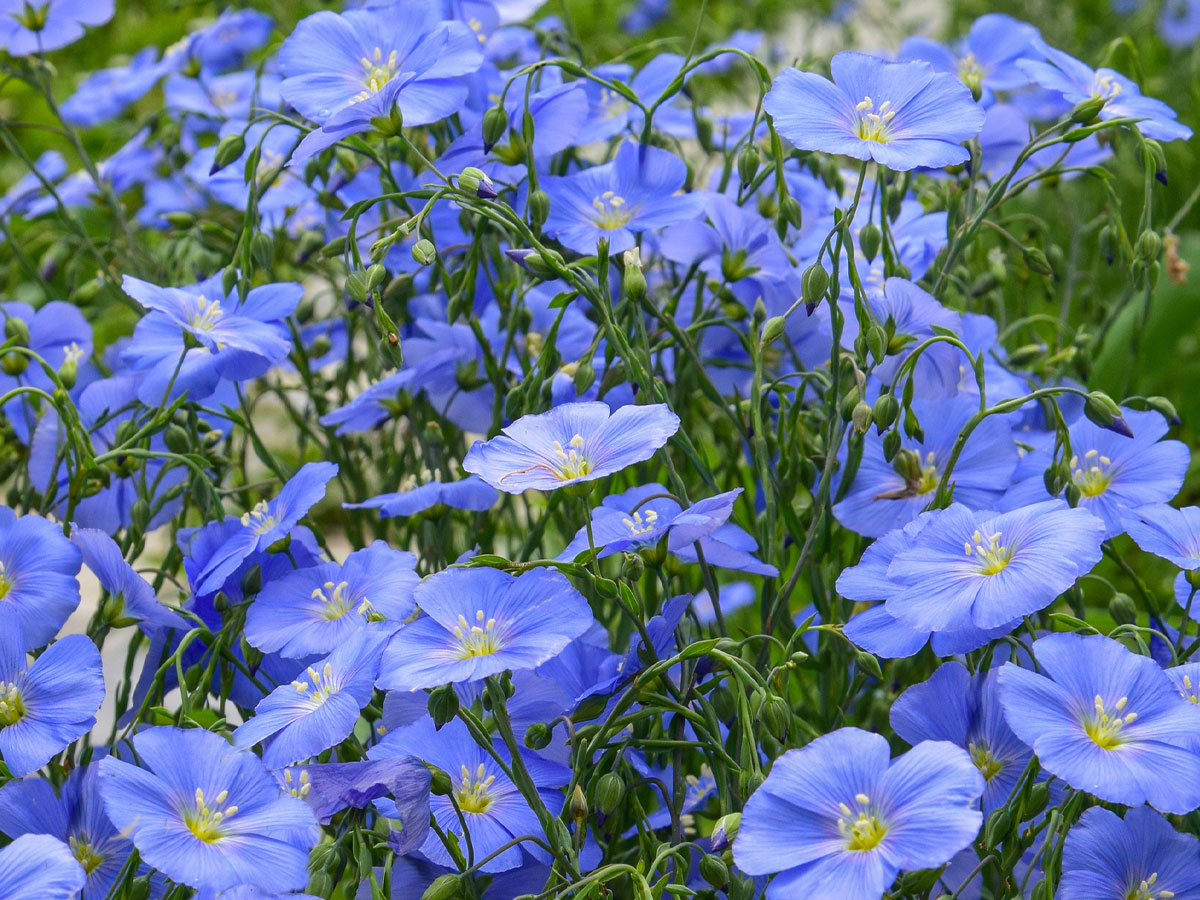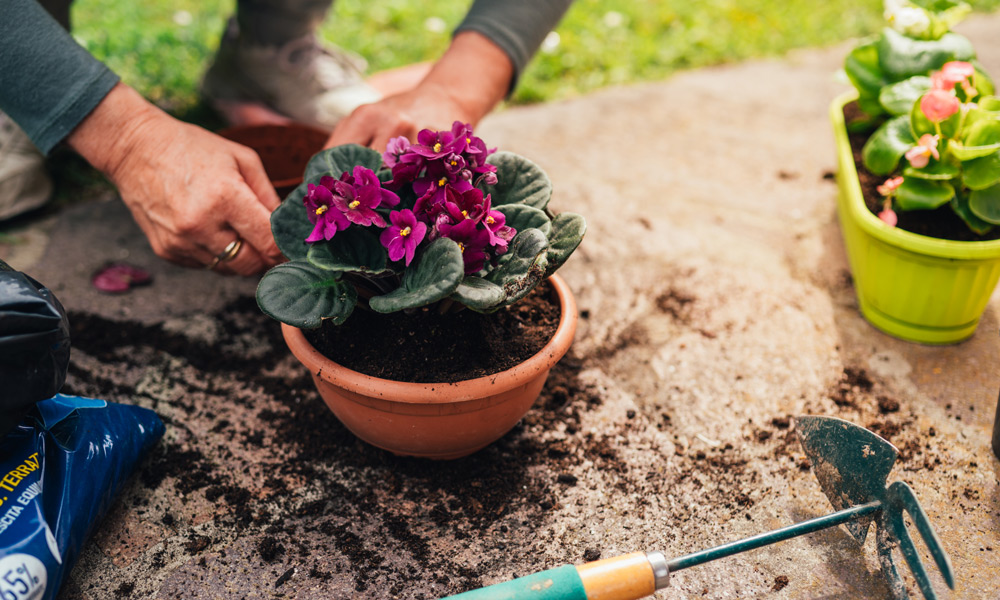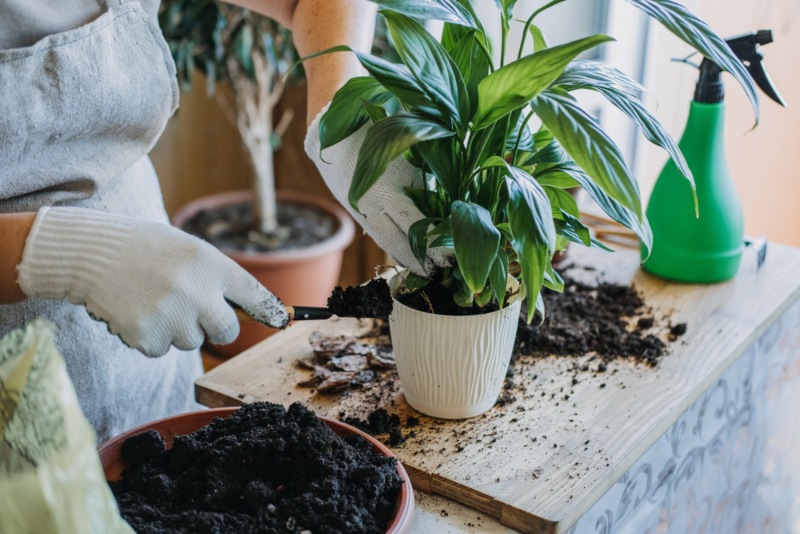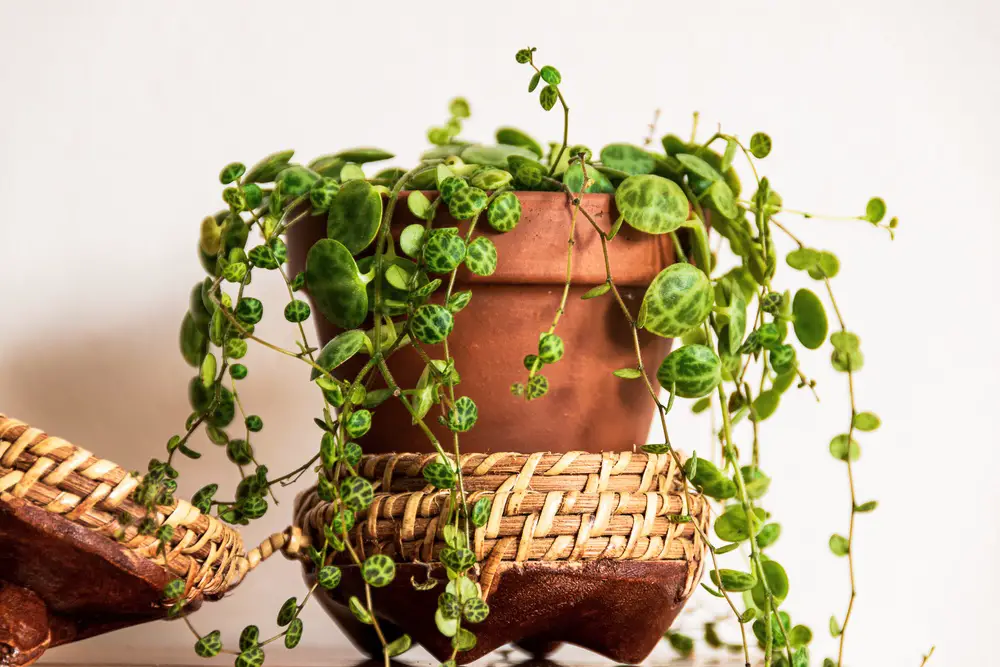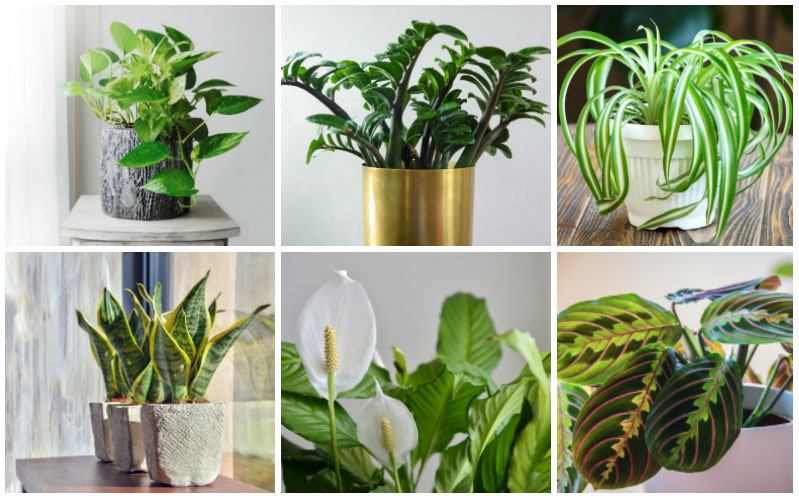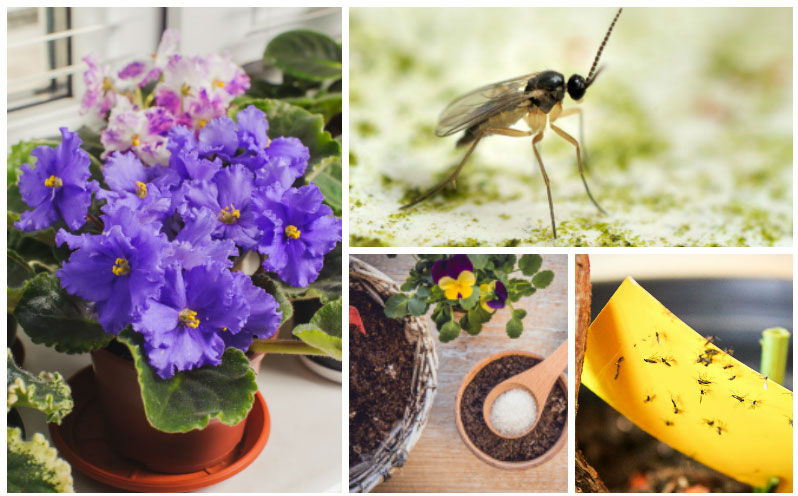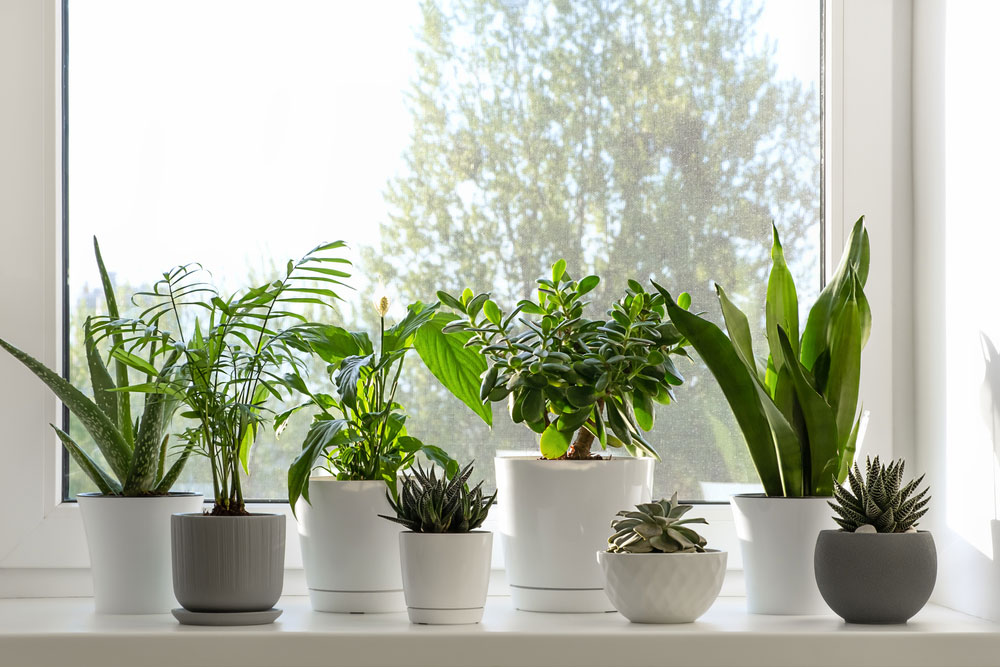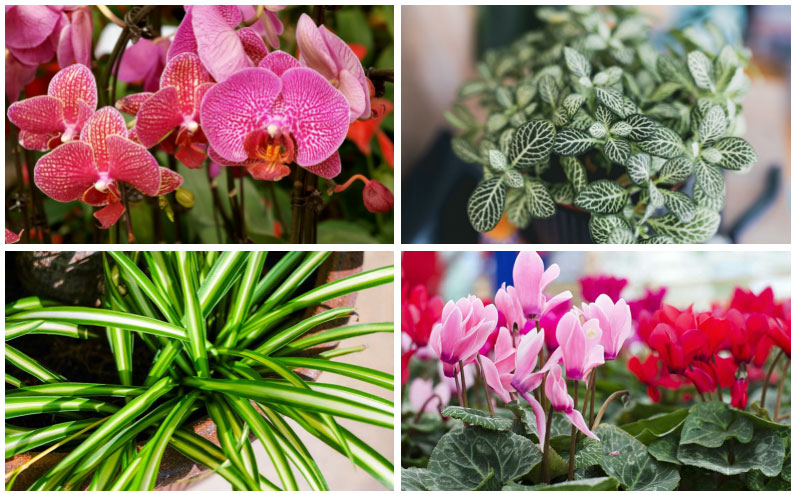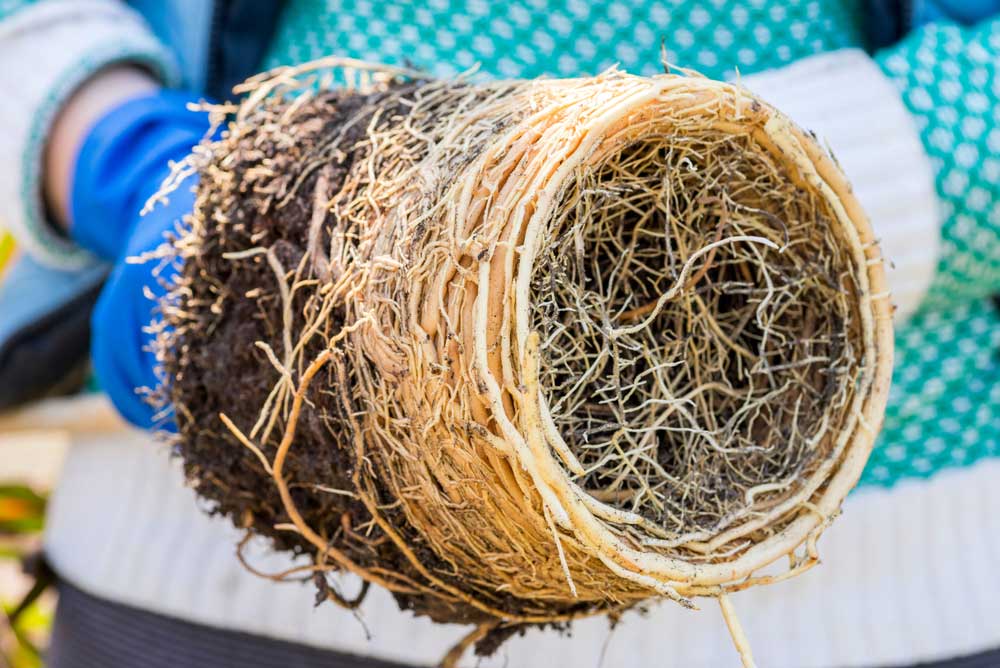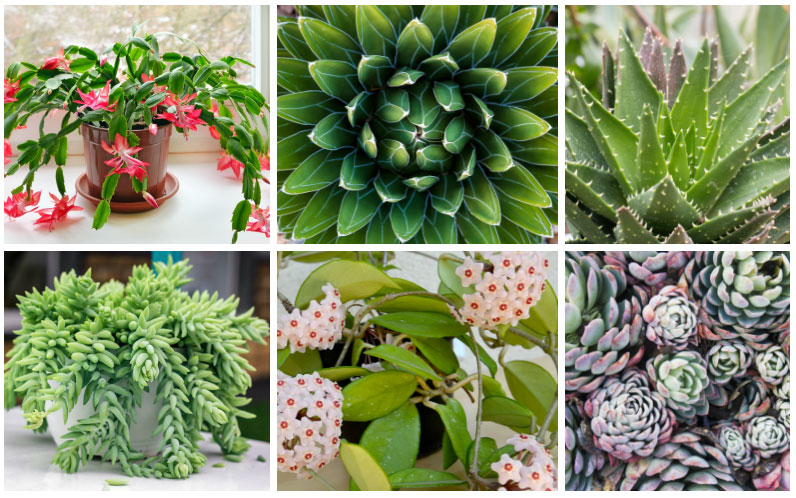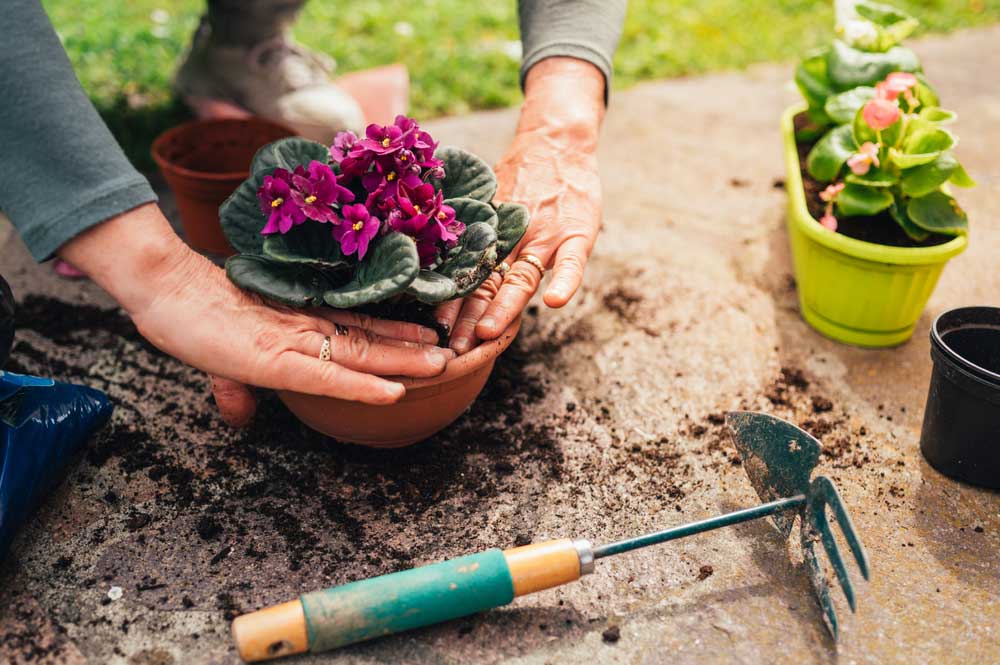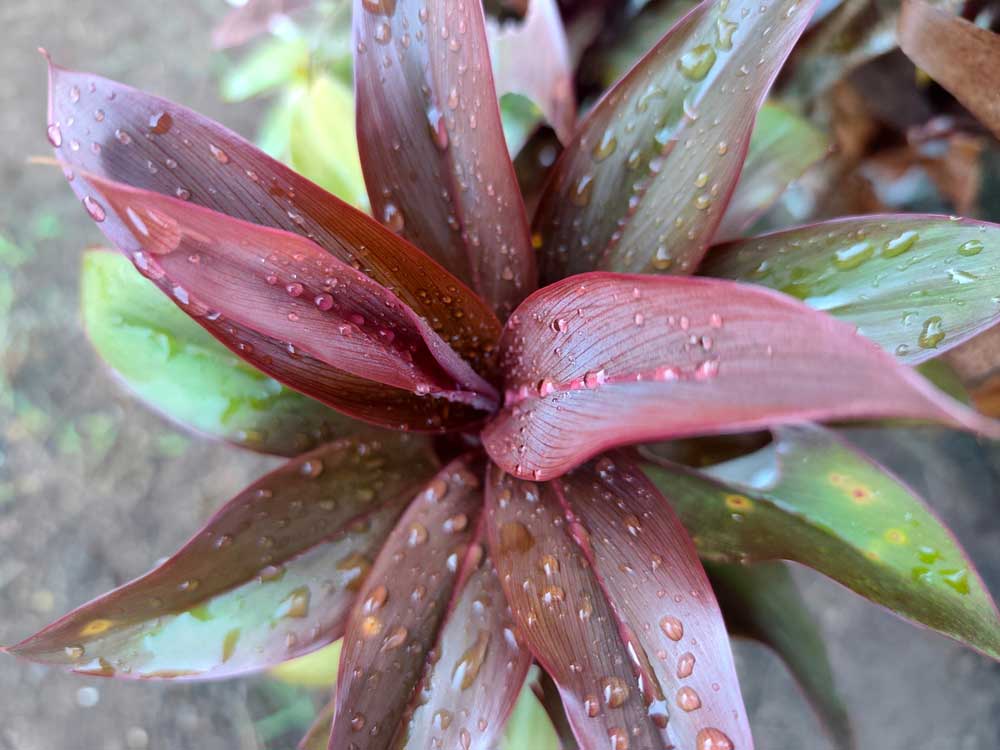
You know that moment when you’re diligently watering your houseplants with fresh tap water, thinking you’re being the perfect plant parent, only to notice mysterious brown leaf tips appearing or your plants just never seeming to thrive despite your best efforts? Well, here’s something that might surprise you: the problem could be your water!
But what’s wrong with regular tap water, exactly? And why do some plants seem perfectly happy with whatever comes out of your faucet while others act like you’re slowly poisoning them?
Today, we’ll go over one of the most overlooked aspects of plant care: water quality.
Some plants are susceptible to the chemicals and minerals in tap water and will never reach their full potential without filtered or distilled water. Others are wonderfully forgiving and couldn’t care less whether you’re using tap water, rainwater, or anything in between.
Let’s look at which plants are secretly suffering from your well-meaning tap water routine, and which ones are perfectly content with whatever flows from your kitchen sink!
The 5 Plants That Need Filtered Water (Stop Using Tap Water!)
1. Carnivorous Plants (Venus Flytraps, Pitcher Plants, Sundews)
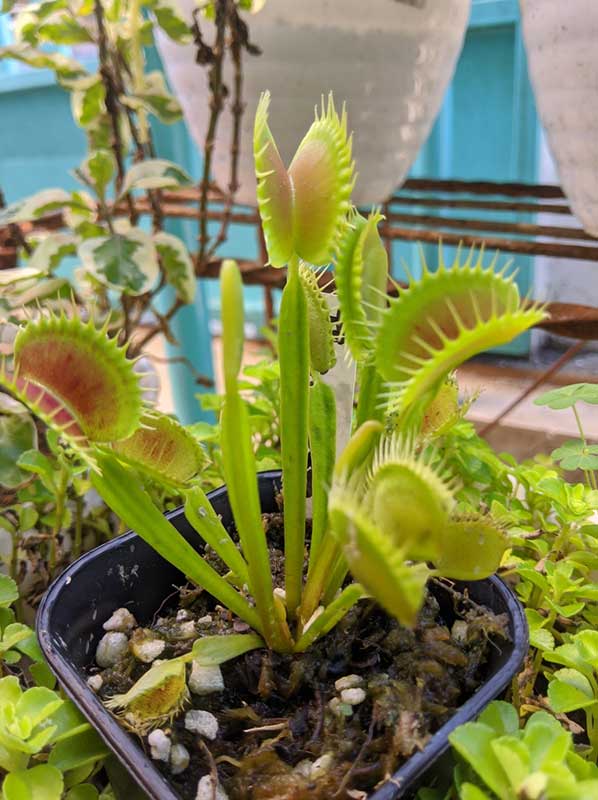
If you’ve ever wondered why your Venus flytrap died despite following all the care instructions, the culprit was probably your water! Carnivorous plants are sensitive to the minerals in tap water and require distilled water, reverse osmosis water, or rainwater.
But why are carnivorous plants so picky about water? These fascinating plants evolved in nutrient-poor bogs and wetlands where the water is naturally very pure and low in dissolved minerals. Their root systems are sensitive to salts and minerals that are perfectly normal in tap water.
What’s in tap water that hurts them: Chlorine, chloramine, fluoride, and dissolved minerals (measured as TDS – total dissolved solids). Most carnivorous plants need water with less than 50 parts per million (ppm) of dissolved solids.
Signs of wrong water: Black, mushy traps on Venus flytraps; yellowing or browning leaves; plants that seem to decline despite proper light and humidity; root rot.
Pro tip: You can test your water’s TDS with an inexpensive meter. If it reads over 50 ppm, stick with distilled water for your carnivorous plants!
2. Spider Plants
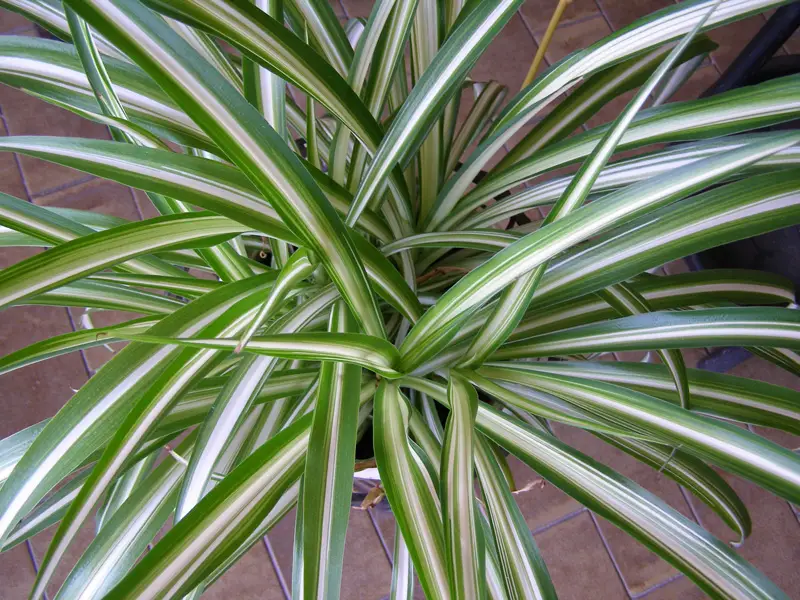
Spider plants might look tough and forgiving, but they’re actually quite sensitive to fluoride in tap water. Those brown leaf tips that so many spider plant owners struggle with? Often caused by fluoride toxicity rather than underwatering or low humidity!
You’ll want to use filtered water, distilled water, or let your tap water sit out for 24 hours before using it (though this only removes chlorine, not fluoride). Many municipal water supplies add fluoride for dental health, but spider plants definitely don’t appreciate it.
What to watch for: Brown, crispy leaf tips that start small and gradually get worse; overall decline in plant vigor; reduced production of plantlets (baby spider plants).
Interesting fact: Spider plants are from the lily family (formerly classified as Liliaceae), and many plants in this family are sensitive to fluoride. If you have other lily-family plants, they might benefit from filtered water too!
3. Prayer Plants and Calatheas

Prayer plants and their close relatives, calatheas, are notorious for being fussy about water quality. These tropical beauties are sensitive to chlorine, chloramine, and fluoride in tap water, which can cause leaf browning, curling, and overall poor health.
If you’re struggling to keep your calathea’s leaves looking pristine, or if your prayer plant seems to be constantly developing brown edges despite adequate humidity, water quality might be the issue. These plants come from tropical rainforests where they receive pure rainwater.
Water sensitivity signs: Brown leaf edges or tips; leaves that curl or fold up; overall lackluster appearance; increased susceptibility to pest problems.
Care solution: Use filtered water, distilled water, or collect rainwater. You can also let tap water sit out for 24-48 hours to allow some chemicals to evaporate, though this won’t remove fluoride.
4. Dracaenas (Dracaena marginata, Dracaena fragrans, etc.)
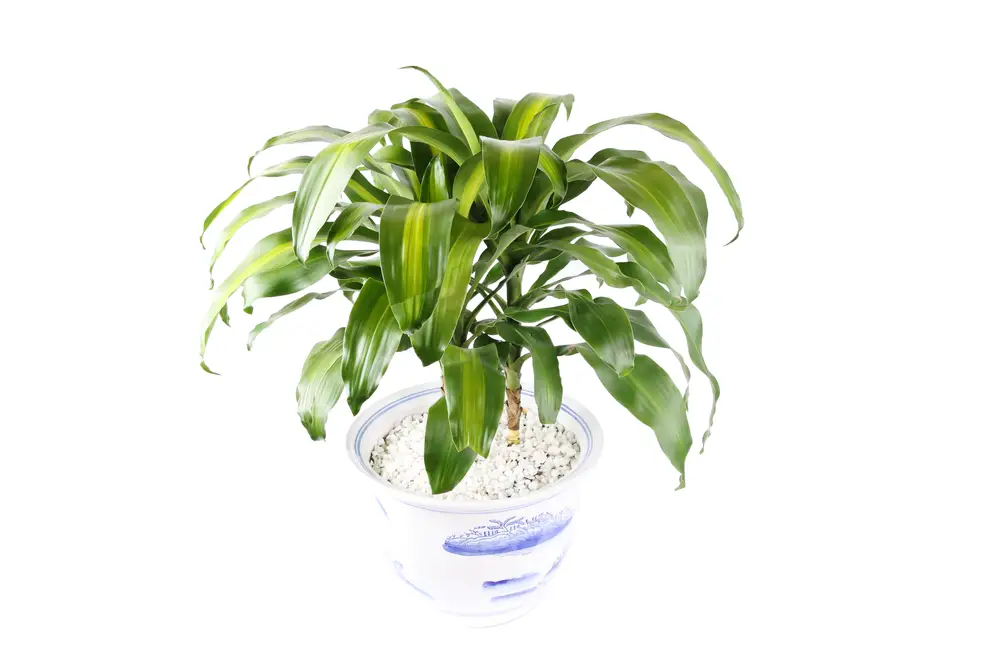
Dracaenas are particularly sensitive to fluoride in tap water, and this sensitivity often catches people off guard because these plants are generally considered low-maintenance. However, fluoride toxicity is one of the most common problems with dracaenas!
You’ll notice the damage as brown leaf tips that gradually spread, yellowing leaves, or an overall decline in the plant’s appearance. Dracaenas are monocots (like grasses and lilies), and many plants in this group are more sensitive to fluoride than other plant families.
Why they’re sensitive: Dracaenas come from Madagascar and other areas where the soil and water are naturally low in fluoride. They simply haven’t evolved to handle the levels commonly found in municipal water supplies.
Quick fix: Switch to distilled or filtered water, and you’ll likely see improvement in new growth within a few weeks. Damaged leaves won’t recover, but new growth should be healthier.
5. Ti Plants (Cordyline fruticosa)
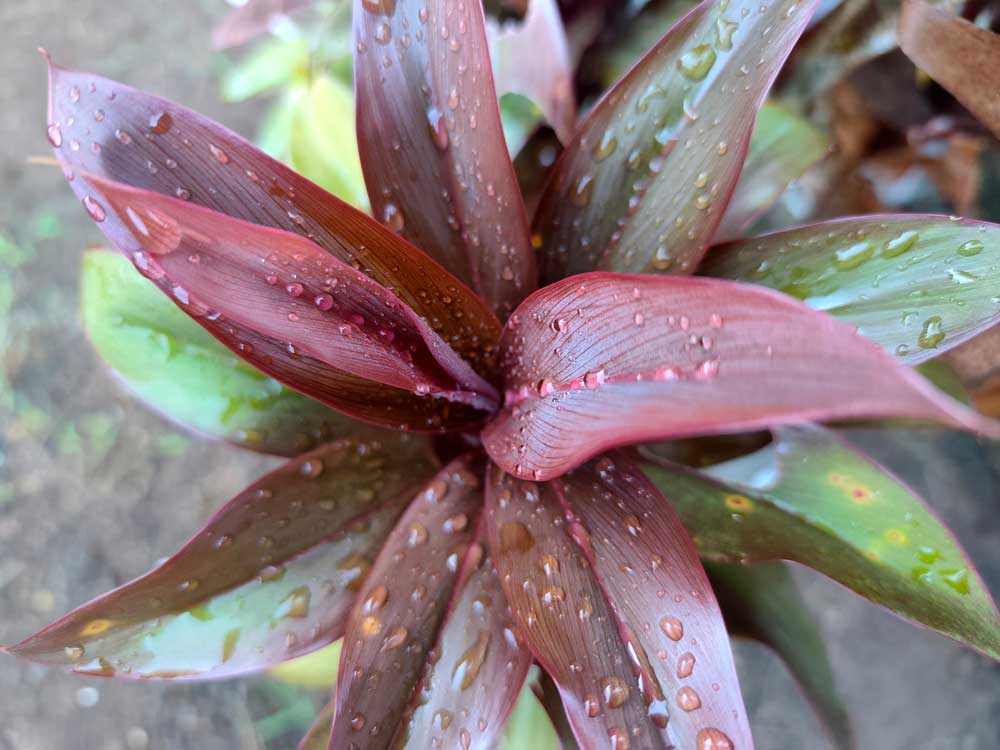
Ti plants are absolutely stunning with their colorful, tropical foliage, but they’re also quite sensitive to the chemicals in tap water. These plants are particularly bothered by fluoride and chlorine, which can cause their beautiful leaves to develop unsightly brown spots and edges.
Ti plants are native to tropical regions where they receive pure rainwater, so they’re not adapted to handle the chemical cocktail that’s often in our tap water. If you’re growing ti plants indoors, water quality can make the difference between thriving plants and struggling ones.
Damage symptoms: Brown or black spots on leaves; leaf edges turning brown; leaves dropping prematurely; overall poor coloration compared to what the plant should look like.
Cultural note: In Hawaiian culture, ti plants are considered sacred and are believed to bring good luck – but only if they’re healthy! Proper water is essential for keeping these special plants looking their best.
The 5 Plants That Don’t Care About Tap Water (No Filtering Needed!)
1. Pothos
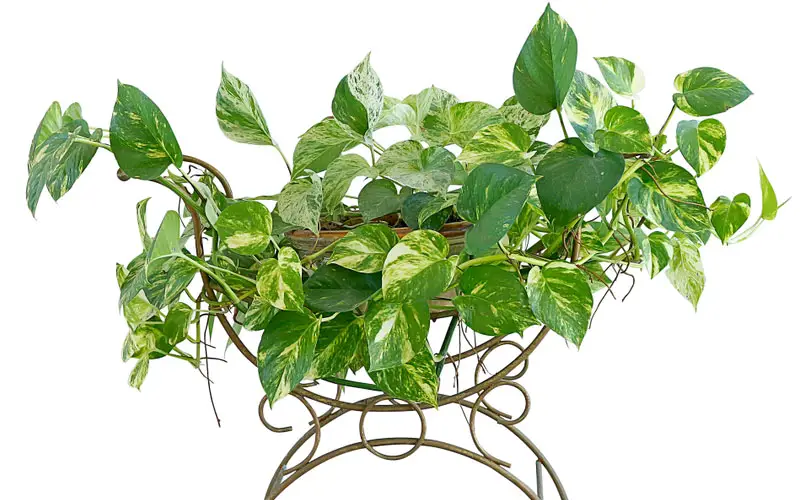
Pothos are wonderfully tolerant when it comes to water quality and will happily thrive with regular tap water. These adaptable vines don’t seem to mind chlorine, fluoride, or the typical minerals found in municipal water supplies.
You can use tap water straight from the faucet for pothos without any worries. They’re so water-flexible that they’ll even grow in plain water indefinitely if you prefer propagating that way!
Why they’re so tolerant: Pothos evolved as opportunistic plants in tropical forests, where they had to adapt to varying water conditions as they climbed trees and spread across different environments.
Bonus benefit: Their tolerance for tap water makes pothos perfect for beginners or busy plant parents who don’t want to fuss with special water requirements.
2. Rubber Trees
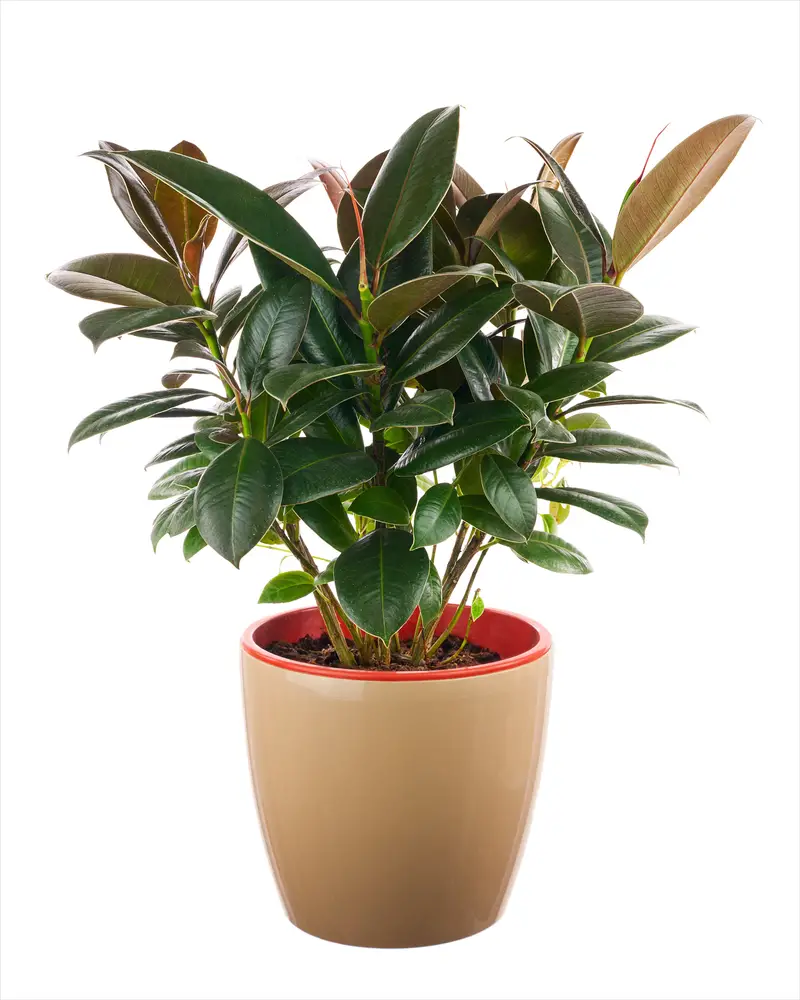
Rubber trees are remarkably unfussy about water quality and do just fine with regular tap water. These sturdy plants don’t show sensitivity to chlorine, fluoride, or typical mineral content in municipal water.
Any decent tap water will keep your rubber tree happy and healthy. They’re much more concerned with proper drainage and not being overwatered than they are with water quality specifics.
Adaptability factor: Rubber trees are native to India and Southeast Asia, where they grow in areas with varying water conditions. This natural adaptability serves them well as houseplants.
Care simplicity: The fact that they thrive with tap water is just one of many reasons rubber trees are considered excellent plants for busy people or those new to houseplant care.
3. ZZ Plants
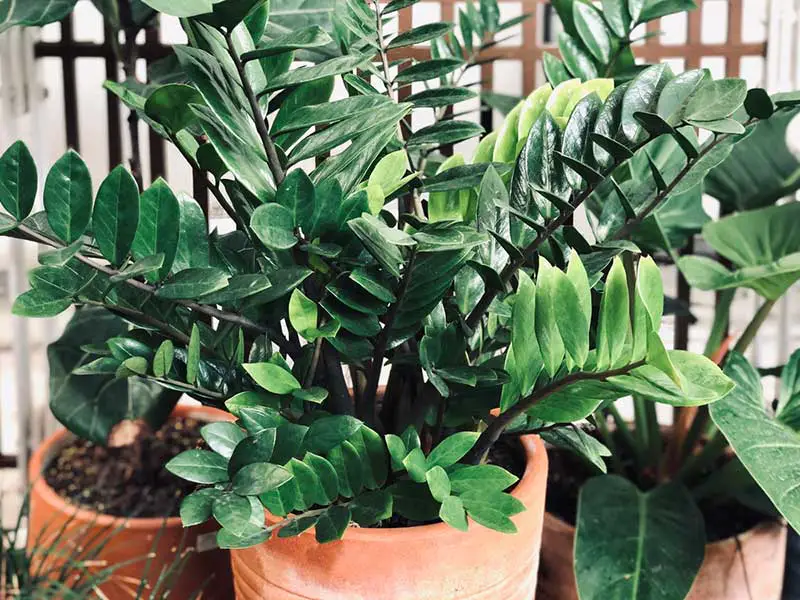
ZZ plants are famously low-maintenance, and their tolerance for tap water is just another reason they’re perfect for beginners. These drought-tolerant beauties don’t seem bothered by chlorine, fluoride, or mineral content in typical tap water.
You can water your ZZ plant with whatever comes out of your tap without any special treatment. In fact, they’re much more likely to suffer from overwatering than from poor water quality!
Desert adaptation: ZZ plants are native to drought-prone areas of eastern Africa, where they’ve evolved to be incredibly tolerant of less-than-perfect conditions, including varying water quality.
Low-maintenance appeal: Their water tolerance, combined with their ability to handle low light and infrequent watering, makes ZZ plants practically bulletproof houseplants.
4. Snake Plants
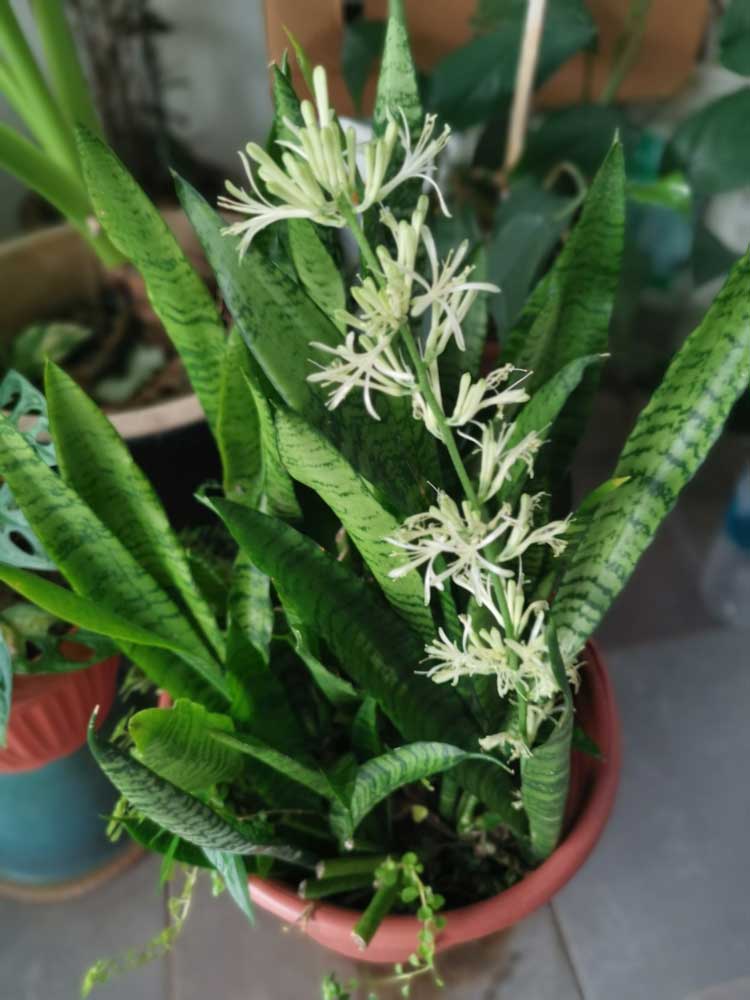
Snake plants are another wonderfully forgiving option that does perfectly well with regular tap water. These architectural beauties don’t show sensitivity to the chemicals or minerals typically found in municipal water supplies.
Regular tap water is absolutely fine for snake plants. They’re much more concerned with not being overwatered than they are with water quality specifics.
Survival adaptation: Snake plants are native to arid regions of West Africa, where they’ve had to adapt to various water sources and conditions. This natural toughness translates well to houseplant life.
Perfect for beginners: Their tolerance for tap water, combined with their ability to handle neglect and low light, makes snake plants ideal for anyone who wants beautiful plants without fussy care requirements.
5. Monstera
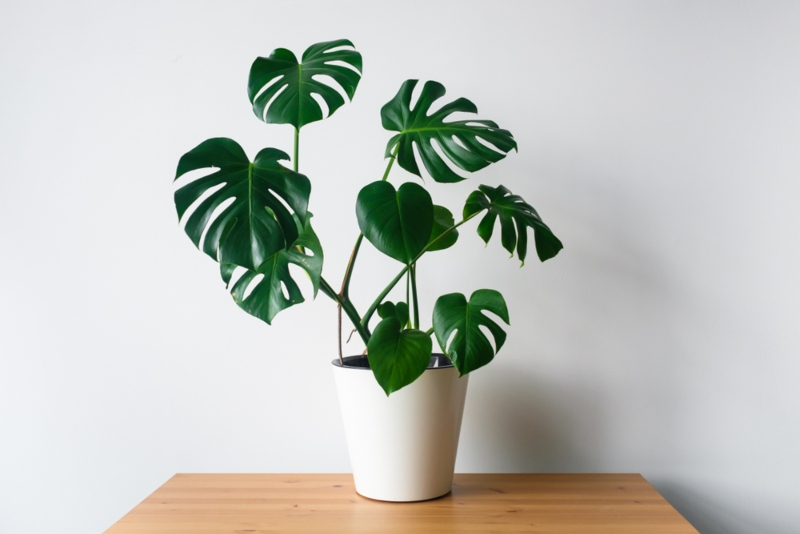
Monsteras are surprisingly tolerant of tap water quality and will thrive with regular municipal water. These tropical giants don’t seem to mind chlorine, moderate fluoride levels, or typical mineral content.
You can water your monstera with tap water without worrying about leaf damage or poor growth. They’re much more focused on getting adequate light and proper drainage than they are on water purity.
Tropical resilience: While monsteras are tropical plants, they’re naturally quite adaptable and tolerant of varying conditions, including different water sources.
Growth advantage: Their tolerance for tap water means you can focus on other aspects of monstera care, like providing adequate light and space for their dramatic growth.
How to Tell If Water Quality Is Your Problem
But how do you know if your tap water is causing issues for your plants? Here are the key signs to watch for:
Signs of water quality problems:
- Brown or black leaf tips that appear gradually
- Yellowing leaves that start from the edges
- Overall decline despite good care in other areas
- Plants that never seem to reach their full potential
- Increased susceptibility to pest problems
Simple Solutions for Better Plant Water
If you discover that some of your plants need better water quality, don’t panic! There are several easy solutions:
Budget-friendly options:
- Let tap water sit out for 24-48 hours to allow chlorine to evaporate
- Collect rainwater in clean containers (free and plants love it!)
- Use the water from your dehumidifier (it’s essentially distilled water)
Convenient options:
- Buy distilled water from the grocery store (usually under $1 per gallon)
- Install a basic water filter on your tap
- Use a water filter pitcher for small amounts
FAQ: Getting Your Plant Water Right
Q: How can I test my tap water quality?
You can buy an inexpensive TDS (total dissolved solids) meter online for around $10-15. This will tell you the mineral content of your water. Generally, anything under 150 ppm is considered good for most plants, while sensitive plants prefer under 50 ppm.
Q: Is bottled water okay for plants?
It depends on the type! Spring water and mineral water often contain minerals that sensitive plants don’t like. Distilled water is safe for all plants, but can be expensive for large collections. Check the label – if it says “distilled” or “purified,” it’s usually fine.
Q: Can I mix tap water with distilled water?
Absolutely! Many plant parents dilute their tap water with distilled water to reduce the mineral content while saving money. A 50/50 mix often works well for moderately sensitive plants.
Q: Do outdoor plants need filtered water too?
Generally, no. Outdoor plants receive rainwater and have different growing conditions that make them more tolerant of tap water. The container environment of houseplants makes them more susceptible to water quality issues.
Q: What about aquarium water for plants?
Aged aquarium water can actually be excellent for plants! It’s usually been treated to remove chlorine and chloramine, plus it contains beneficial nutrients from fish waste. Just make sure it’s from a healthy, well-maintained aquarium.

